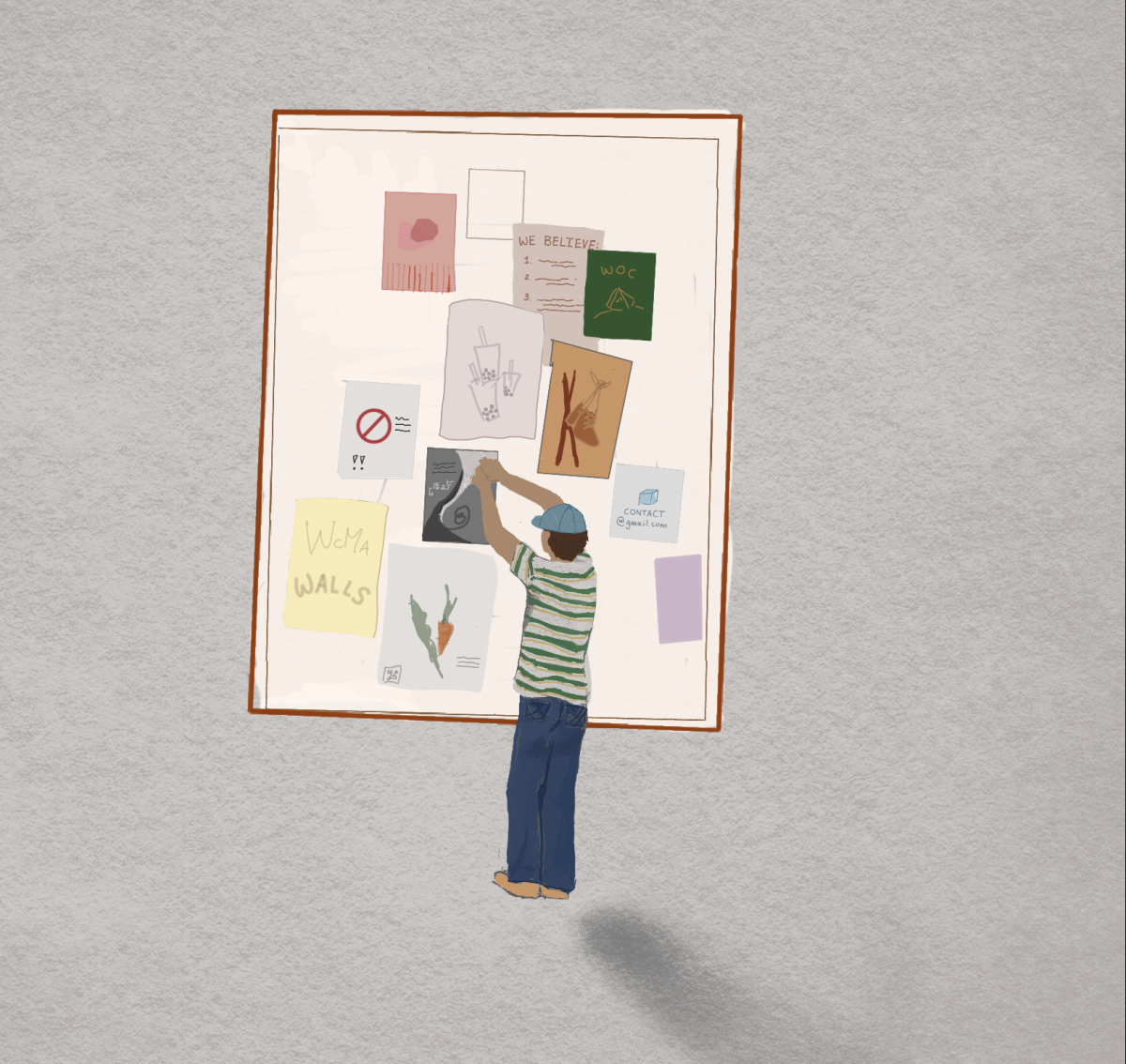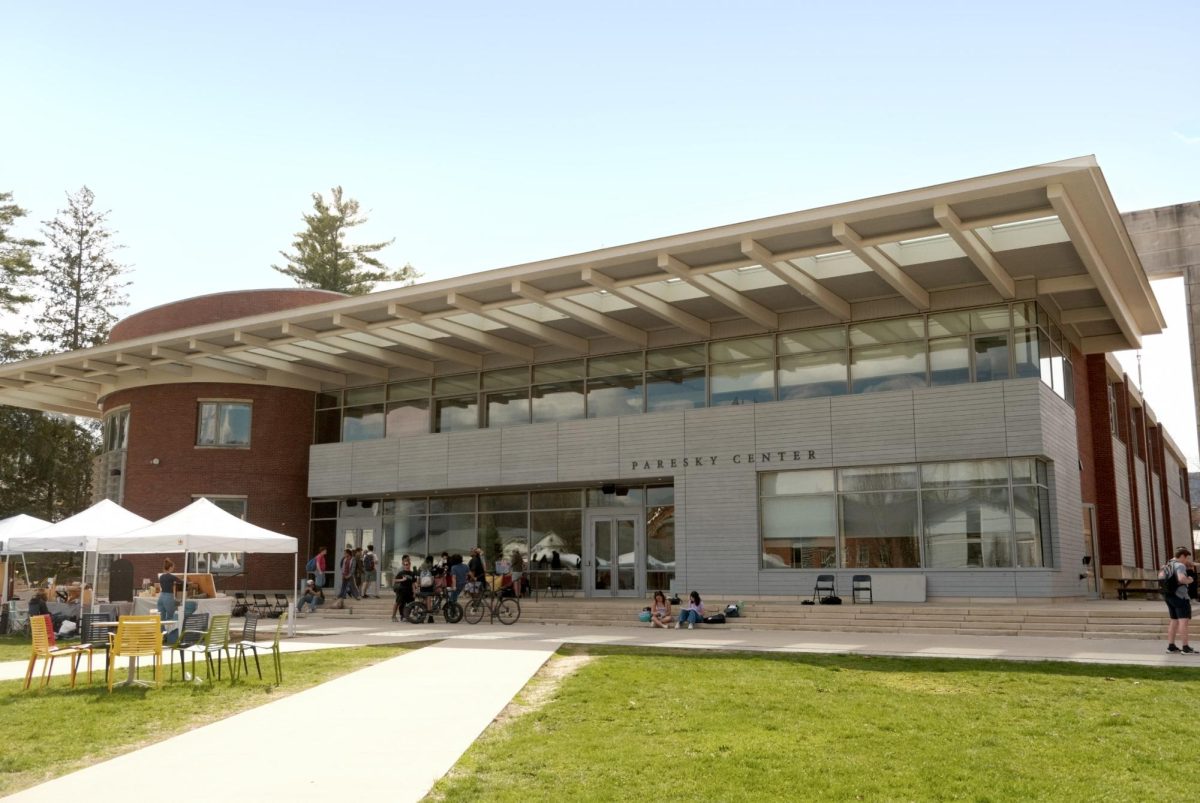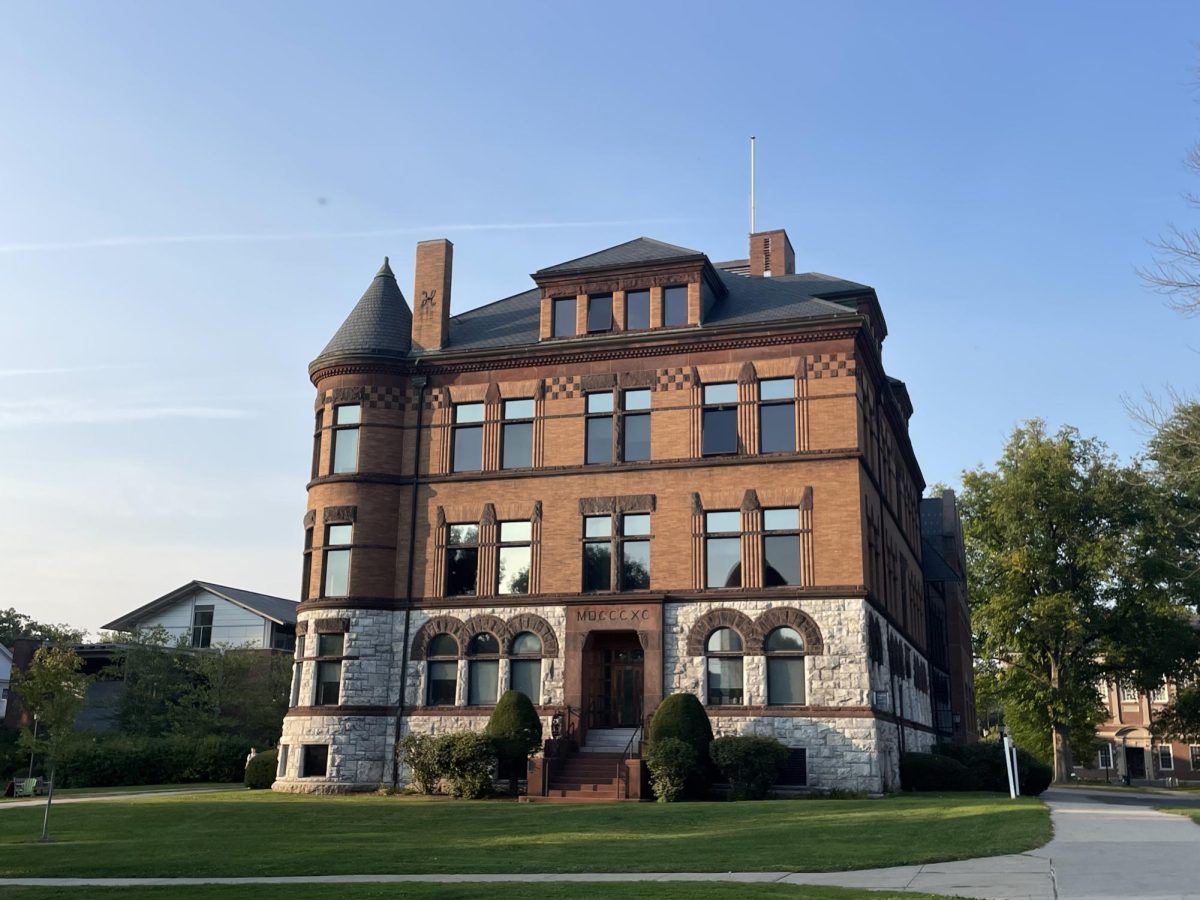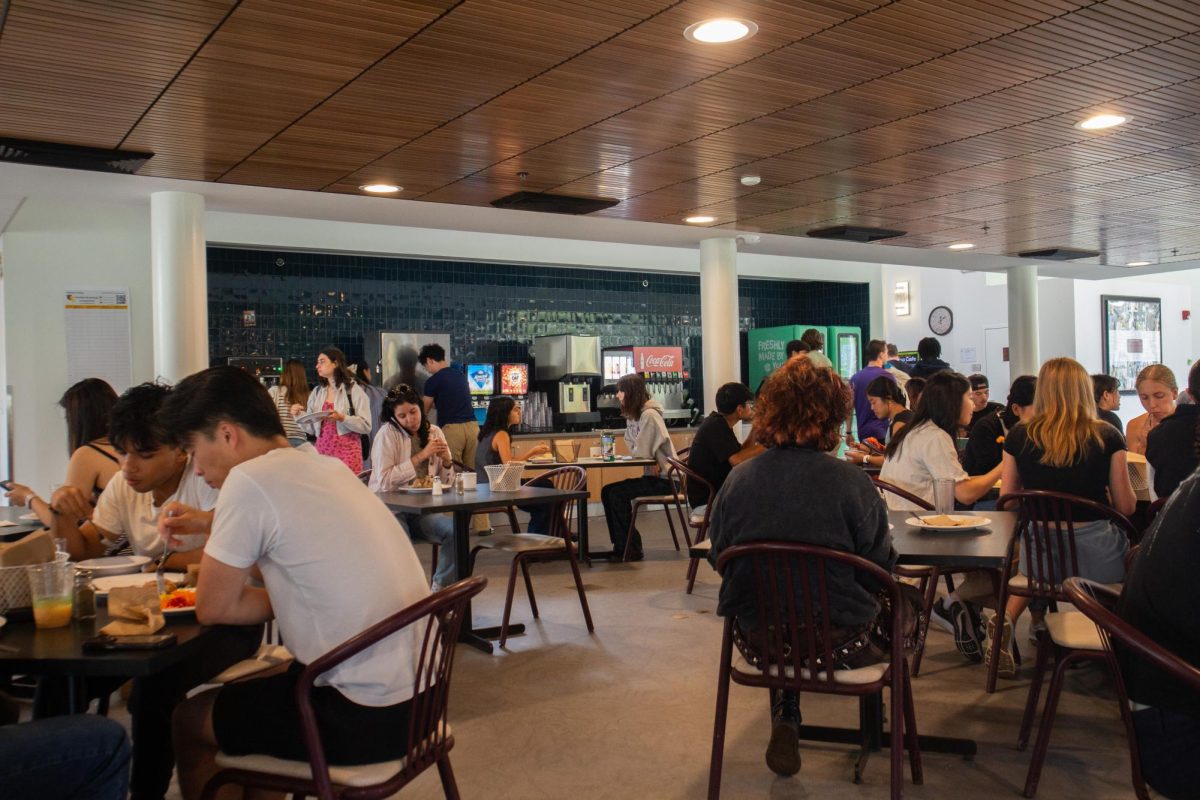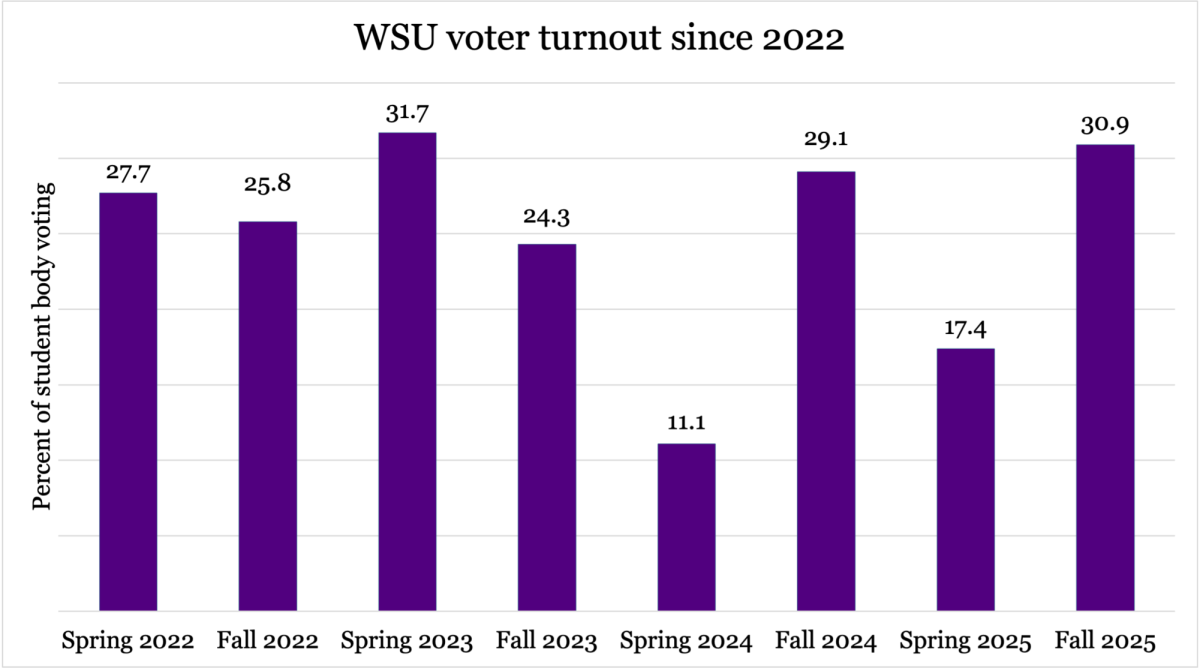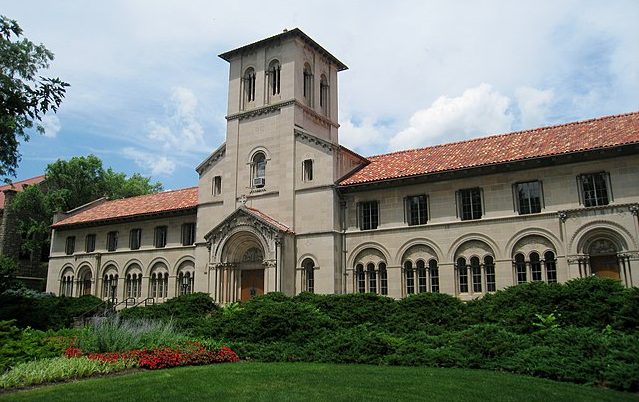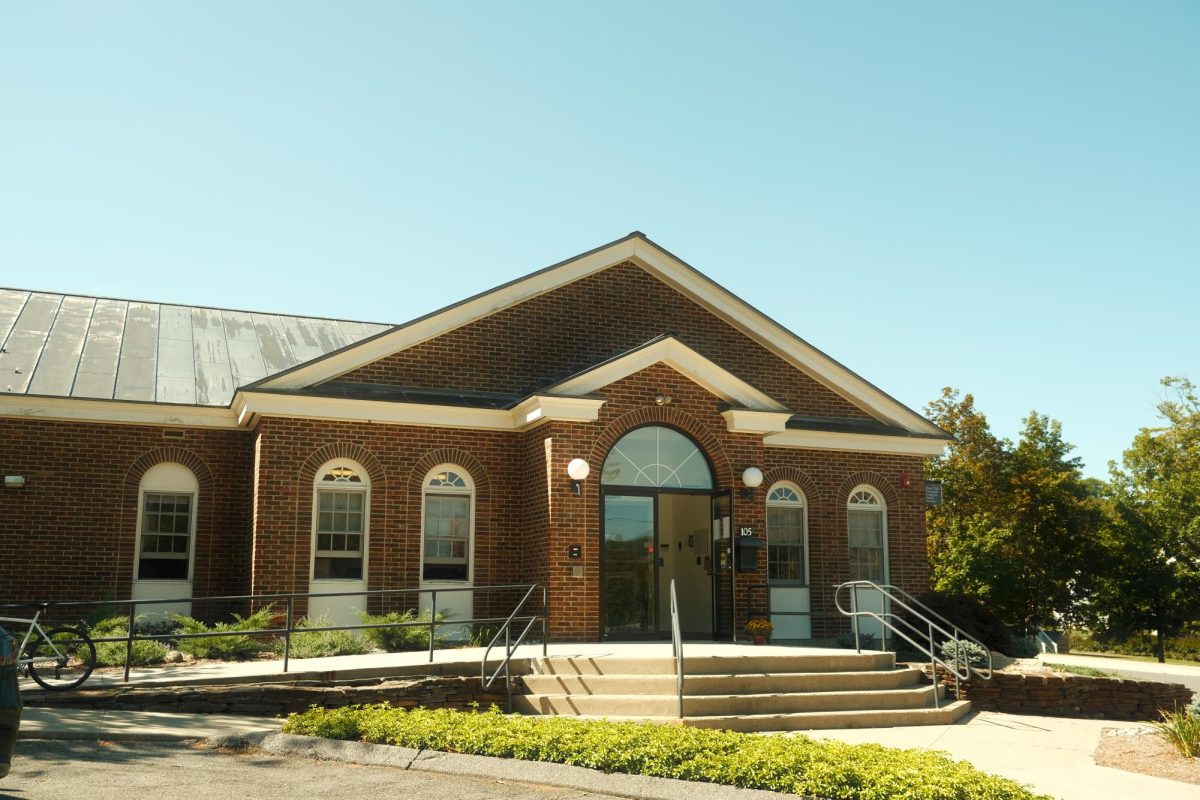The College updated its policies on posting and protest to reflect conclusions outlined in the final report of the Ad Hoc Committee on Posting and Protest Policies, President Maud S. Mandel announced in an all-campus email on Sept. 9.
The committee — composed of two students and five faculty and staff members — reevaluated the College’s policies following a semester of controversy regarding posters and protests related to the war in Gaza. The committee then drafted new policies, which members of senior staff edited and approved.
“The Committee, informed by outreach to the wider Williams community and a review of policies at peer institutions, concluded that most of our existing policies were well-suited for Williams,” Mandel wrote in her email. “In a few areas we adjusted our rules, always with the twin goals of ensuring ample opportunities for expression and guaranteeing that access to an education free from harassment or intimidation for all students.”
The policy reform comes as many institutions of higher education around the country have tightened restrictions about campus protest, in some cases limiting protest to certain hours, requiring protests to be pre-approved, and banning encampments — none of which are reflected in the updated policies at the College.
“If you compare the process Williams undertook and the outcomes of [the College’s] revision processes to what a lot of other colleges and universities did over the summer, our commitment to make as much space as we can for students to engage in acts of protest or freedom of expression is clear,” committee member Jeff Malanson, senior associate dean for administration, finance, and strategy, told the Record.
According to its final report, included in Mandel’s email, the committee examined the College’s existing policies, compared the policies to those at peer institutions, and solicited community feedback — all of which informed its final recommendations.
“By and large, the committee’s takeaway was that our policies were in pretty good shape,” said Laura K. Gura, associate general counsel and chair of the committee, in an interview with the Record. Gura also noted that the committee recommended some new policies that were ultimately not implemented following the final review by senior staff.
The updated policies more explicitly detail the mechanisms of protest enforcement — including a stipulation that “local law enforcement could be called in certain circumstances as a last resort.” As protests about the war in Gaza erupted at institutions of higher education around the country last spring, police arrested or detained over 3,100 students, according to The New York Times, though law enforcement was never called to quell an encampment at the College.
“While the reference to law enforcement might have the effect of upsetting members of the community, we hope that this reference provides notice to protesters that this is a possibility while giving reassurance that police would not be called as a first resort,” the report reads.
The policies now also include specific language forbidding poster defacement “unless given explicit permission to do so by the original poster.” Throughout the last academic year, there were several public defacements of postings — one of which prompted Mandel to send an all-campus email on Dec. 14 in which she called “any defacement of posters disrespectful” and said the graffiti breached College policies because it “supported violence against Israelis.”
The updated policies additionally include a specific explanation about how the protest policy will be enforced, noting that decisions to remove posters will “usually be made by one or more members” of a new posting advisory group that includes Malanson, Assistant Vice President for Campus Engagement and Co-Director of the Davis Center Bilal Ansari, and Senior Associate Dean of Students Rachel Bukanc.
According to Malanson, the policy changes represent the consensus of the committee and reflect themes that emerged from community feedback.
“Everyone on the committee came with a unique way they’ve interacted with campus around issues of posting and protest,” he said. “We tremendously benefitted from hearing how other people have and haven’t been affected and touched by the way that the policies have been interpreted and enforced or not enforced.”
According to the report, the committee heard from “about three dozen people on campus,” the majority of whom expressed indifference or unfamiliarity with the College’s existing policies — though some raised concerns about the allowance of anonymous email addresses as a point of contact on posters, stressed the need for greater clarity of the policies, and advocated for uniformity in the policies’ enforcement.
“There was enough consistency in the feedback we collected across the year that I’d be really surprised if someone had a significantly different opinion or concern that hadn’t made its way across our collective table at some point in the information gathering process,” he said.
Although the College formed the committee in the wake of several public defacements of postings on campus, the committee said that its focus was equally split between posting and protest policies.
“We moved back and forth between them as we were thinking about the ways the rules intersect,” Malanson said. “We were always very intentional about keeping the larger principles front of mind — that with both the protest and posting policies, freedom of speech, academic inquiry, and academic freedom, are front and center of what we’re concerned with.”



